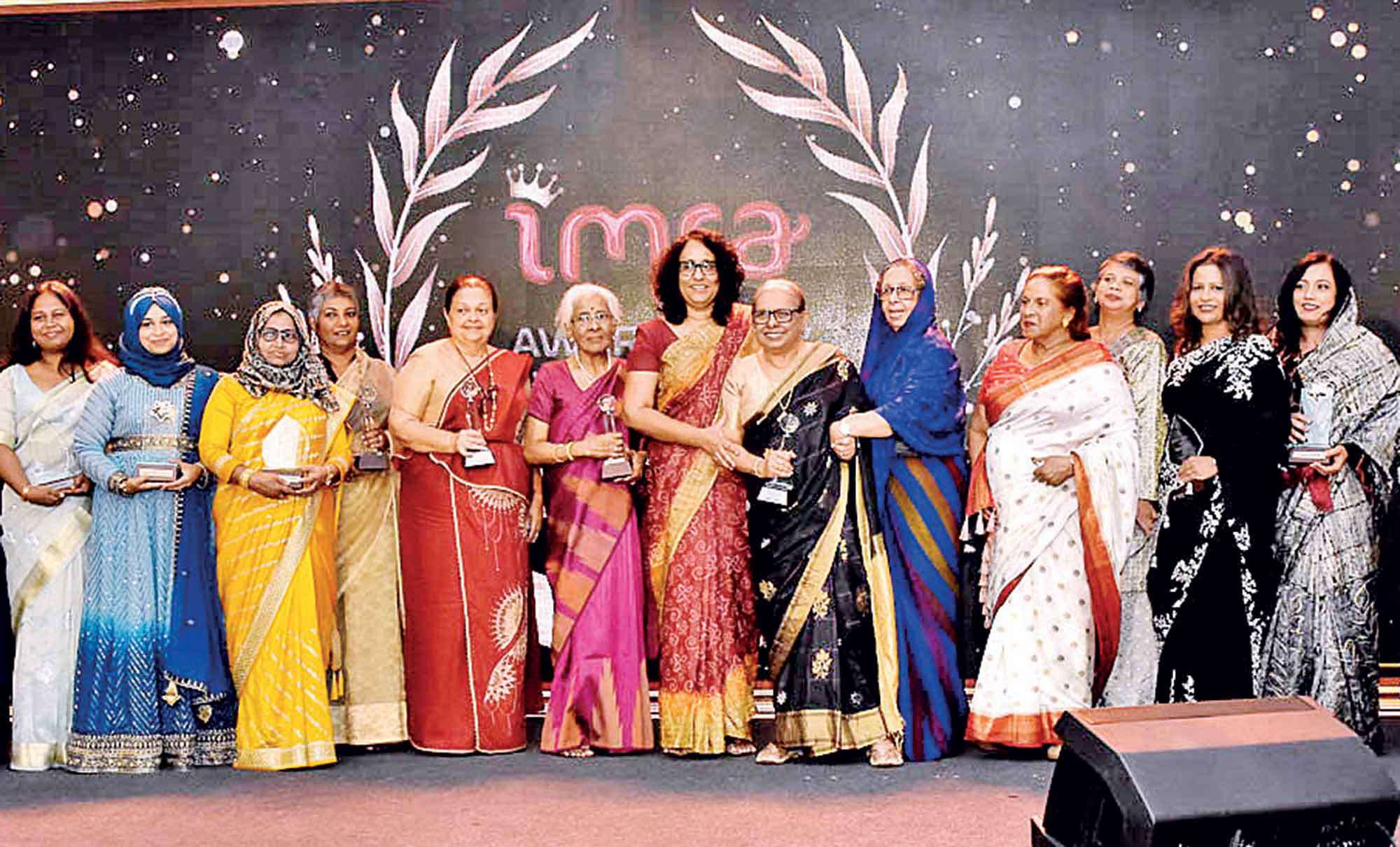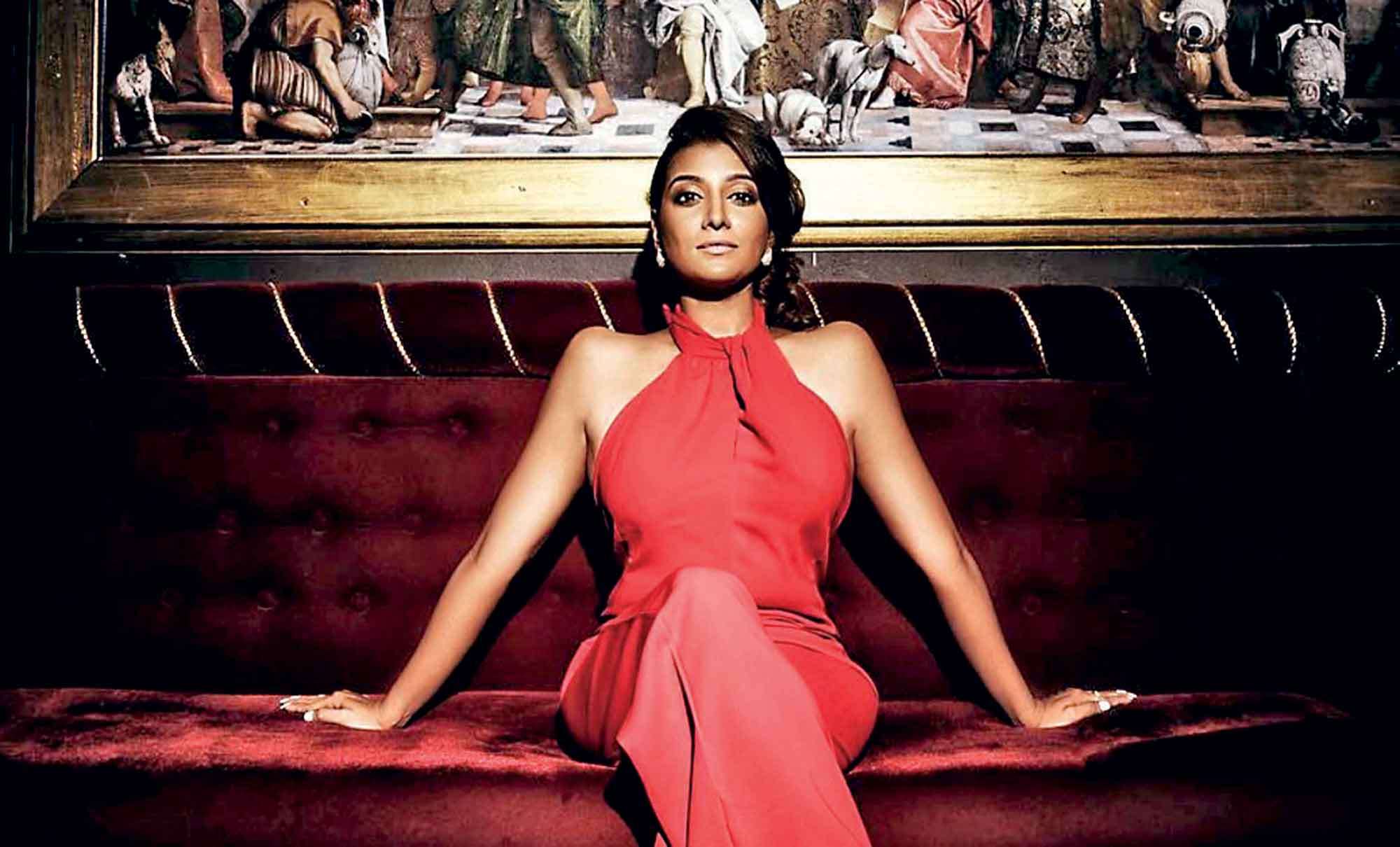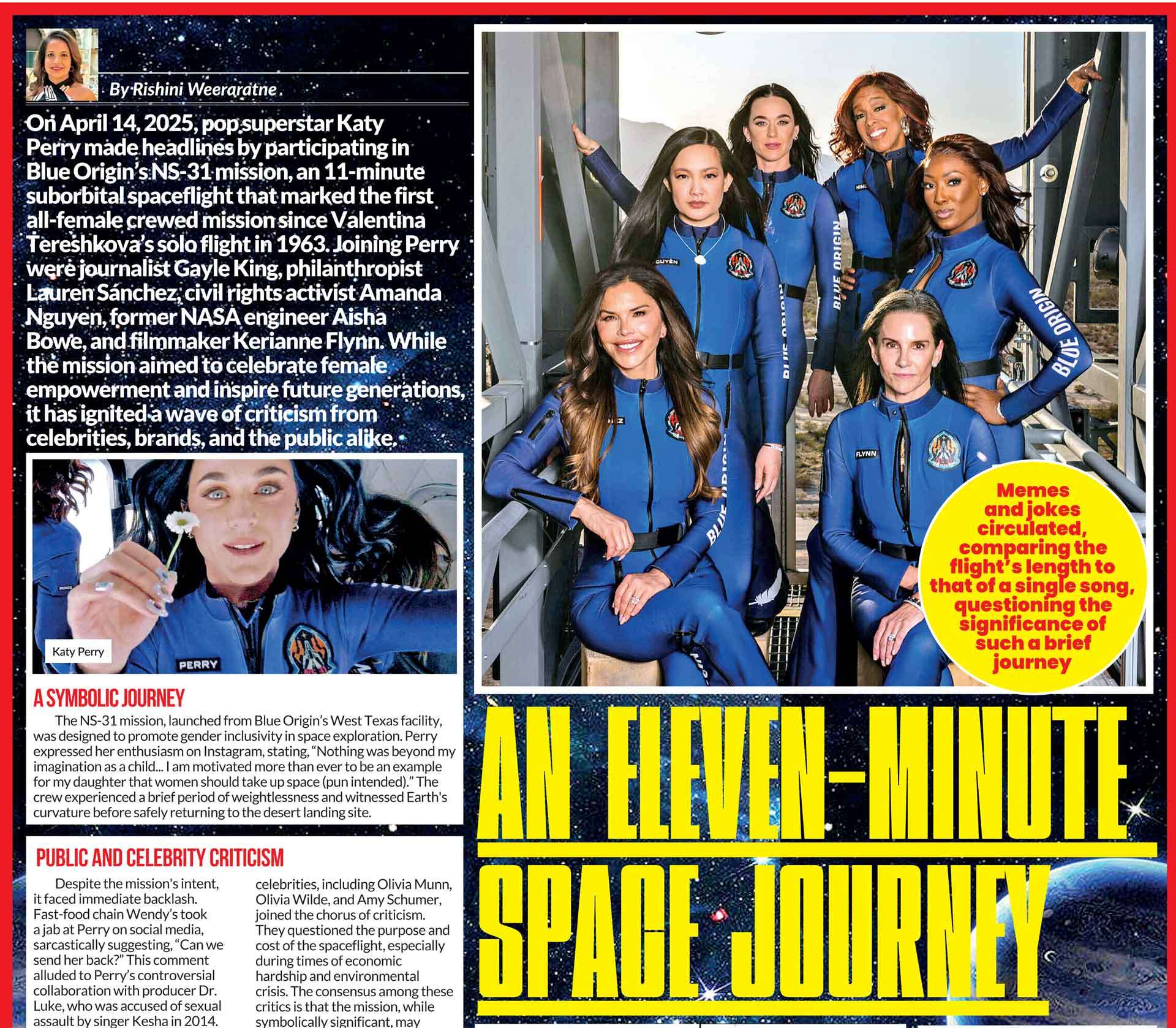In recent years, several transgender-related legal cases have garnered significant media attention, especially concerning the participation of biological men in women’s spaces and sports. These cases have sparked intense debates around women's rights, the definition of biological sex, and the fairness of allowing transgender women to compete in female categories. Women’s rights activists argue that allowing biological men to compete in women’s sports undermines fairness and the safety of female athletes. Below are a few notable global cases that have led to public outcry.
Isla Bryson Case: Scotland (2023)
 Perhaps the most widely discussed case in the UK was that of Isla Bryson, formerly known as Adam Graham. In 2023, Bryson was convicted of raping two women in West Dunbartonshire and Glasgow prior to identifying as a transgender woman. Shockingly, after being found guilty, Bryson was initially placed in Cornton Vale, Scotland’s only all-female prison. The decision ignited a public firestorm, with women's rights activists, politicians, and members of the public expressing outrage over the risk posed to female inmates. Author J.K. Rowling publicly condemned the placement, as did many feminist groups who argued that allowing male-bodied offenders into female prisons severely compromises the safety and dignity of vulnerable women. Following the backlash, Bryson was transferred to a men’s facility, but the incident left a lasting impression on the public discourse.
Perhaps the most widely discussed case in the UK was that of Isla Bryson, formerly known as Adam Graham. In 2023, Bryson was convicted of raping two women in West Dunbartonshire and Glasgow prior to identifying as a transgender woman. Shockingly, after being found guilty, Bryson was initially placed in Cornton Vale, Scotland’s only all-female prison. The decision ignited a public firestorm, with women's rights activists, politicians, and members of the public expressing outrage over the risk posed to female inmates. Author J.K. Rowling publicly condemned the placement, as did many feminist groups who argued that allowing male-bodied offenders into female prisons severely compromises the safety and dignity of vulnerable women. Following the backlash, Bryson was transferred to a men’s facility, but the incident left a lasting impression on the public discourse.
Karen White Case: England (2018)
 Another deeply controversial case involved Karen White, a transgender woman who was convicted of sexual offences both before and during incarceration. In 2018, White, who was born male and had not undergone gender reassignment surgery, was placed in HMP New Hall, a women’s prison in West Yorkshire. While serving time there, White sexually assaulted two female inmates. The case triggered nationwide outrage and led to a review of the prison system’s handling of transgender inmates. Women’s rights advocates cited this case as a glaring example of the failure to prioritise the safety of women in custody. The Ministry of Justice later admitted that White posed a risk to other inmates and should not have been placed in a women’s prison.
Another deeply controversial case involved Karen White, a transgender woman who was convicted of sexual offences both before and during incarceration. In 2018, White, who was born male and had not undergone gender reassignment surgery, was placed in HMP New Hall, a women’s prison in West Yorkshire. While serving time there, White sexually assaulted two female inmates. The case triggered nationwide outrage and led to a review of the prison system’s handling of transgender inmates. Women’s rights advocates cited this case as a glaring example of the failure to prioritise the safety of women in custody. The Ministry of Justice later admitted that White posed a risk to other inmates and should not have been placed in a women’s prison.
Tavistock Gender Clinic Ruling: England (2020)
 While not a criminal case, the 2020 judicial review involving the Tavistock and Portman NHS Foundation Trust also stirred intense debate. Keira Bell, a woman who had transitioned as a teenager and later detransitioned, brought legal action against the clinic, arguing that children could not give informed consent to puberty blockers. The High Court initially ruled in Bell’s favour, stating that those under 16 were unlikely to fully understand the consequences of such treatment. Though the ruling was later overturned on appeal, the case prompted serious questions about the medicalisation of gender identity in young people. Women’s rights campaigners supported Bell’s stance, seeing it as part of a broader push to protect vulnerable girls from irreversible medical interventions.
While not a criminal case, the 2020 judicial review involving the Tavistock and Portman NHS Foundation Trust also stirred intense debate. Keira Bell, a woman who had transitioned as a teenager and later detransitioned, brought legal action against the clinic, arguing that children could not give informed consent to puberty blockers. The High Court initially ruled in Bell’s favour, stating that those under 16 were unlikely to fully understand the consequences of such treatment. Though the ruling was later overturned on appeal, the case prompted serious questions about the medicalisation of gender identity in young people. Women’s rights campaigners supported Bell’s stance, seeing it as part of a broader push to protect vulnerable girls from irreversible medical interventions.
Biological Men in Women's Sports
Lia Thomas: USA (2021-2022)
 One of the most contentious issues surrounding transgender rights has been the participation of biological men in women’s sports. A prominent example of this occurred in 2021-2022 when Lia Thomas, a transgender swimmer, competed in the NCAA Women’s Swimming Championships. Thomas, who was born male, had transitioned and began competing in women’s events after undergoing hormone replacement therapy. Thomas’s victories in the women’s category sparked widespread criticism, particularly from female athletes and advocates who argued that allowing a biological male to compete against women in a physical sport created an unfair advantage. Critics claimed that Thomas’s success demonstrated how physical differences between males and females can affect performance, raising concerns about fairness in women’s sports. Despite the outcry, Thomas’s participation led to increased scrutiny of policies allowing transgender athletes to compete in gender-specific categories.
One of the most contentious issues surrounding transgender rights has been the participation of biological men in women’s sports. A prominent example of this occurred in 2021-2022 when Lia Thomas, a transgender swimmer, competed in the NCAA Women’s Swimming Championships. Thomas, who was born male, had transitioned and began competing in women’s events after undergoing hormone replacement therapy. Thomas’s victories in the women’s category sparked widespread criticism, particularly from female athletes and advocates who argued that allowing a biological male to compete against women in a physical sport created an unfair advantage. Critics claimed that Thomas’s success demonstrated how physical differences between males and females can affect performance, raising concerns about fairness in women’s sports. Despite the outcry, Thomas’s participation led to increased scrutiny of policies allowing transgender athletes to compete in gender-specific categories.
Fallon Fox: USA (2012-2014)
 Fallon Fox, a transgender mixed martial arts (MMA) fighter, gained media attention in 2012 when she became the first openly transgender fighter in the sport. Fox, who was born male, transitioned to female and began competing in women’s MMA events. Fox’s fights sparked significant debate in the sports world. Critics argued that Fox, despite being a female in legal terms, still retained physical advantages from male puberty, such as bone density and muscle mass, which they believed gave her an unfair edge over her female opponents. Some of Fox’s opponents publicly voiced concerns about the safety and fairness of competing against a transgender fighter with male physical attributes. This controversy led to calls for stricter regulations regarding transgender athletes in combat sports, with some arguing that biological sex should be the primary determining factor for eligibility in women’s sports.
Fallon Fox, a transgender mixed martial arts (MMA) fighter, gained media attention in 2012 when she became the first openly transgender fighter in the sport. Fox, who was born male, transitioned to female and began competing in women’s MMA events. Fox’s fights sparked significant debate in the sports world. Critics argued that Fox, despite being a female in legal terms, still retained physical advantages from male puberty, such as bone density and muscle mass, which they believed gave her an unfair edge over her female opponents. Some of Fox’s opponents publicly voiced concerns about the safety and fairness of competing against a transgender fighter with male physical attributes. This controversy led to calls for stricter regulations regarding transgender athletes in combat sports, with some arguing that biological sex should be the primary determining factor for eligibility in women’s sports.
Payton McNabb: A Cautionary Tale in Women's Sports (2022)
 In September 2022, Payton McNabb, a high school volleyball player from Murphy, North Carolina, suffered a traumatic brain injury after being struck by a ball spiked by a transgender opponent during a match. The incident left her unconscious for 30 seconds and resulted in partial paralysis, a brain bleed, and loss of peripheral vision on her right side. McNabb's injuries ended her aspirations of playing college softball and have led to ongoing health challenges, including severe headaches and cognitive issues. In response, she testified before the North Carolina General Assembly in support of the Fairness in Women’s Sports Bill, which subsequently passed, banning transgender athletes from competing in women’s sports at various educational levels. McNabb's story has been featured in the documentary, ‘Kill Shot: How Payton McNabb Turned Tragedy into Triumph,’ aiming to raise awareness about the implications of allowing biological males to compete in female sports categories.
In September 2022, Payton McNabb, a high school volleyball player from Murphy, North Carolina, suffered a traumatic brain injury after being struck by a ball spiked by a transgender opponent during a match. The incident left her unconscious for 30 seconds and resulted in partial paralysis, a brain bleed, and loss of peripheral vision on her right side. McNabb's injuries ended her aspirations of playing college softball and have led to ongoing health challenges, including severe headaches and cognitive issues. In response, she testified before the North Carolina General Assembly in support of the Fairness in Women’s Sports Bill, which subsequently passed, banning transgender athletes from competing in women’s sports at various educational levels. McNabb's story has been featured in the documentary, ‘Kill Shot: How Payton McNabb Turned Tragedy into Triumph,’ aiming to raise awareness about the implications of allowing biological males to compete in female sports categories.
Laurel Hubbard: New Zealand (2021)
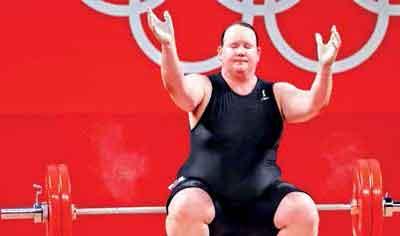 Laurel Hubbard, a transgender weightlifter from New Zealand, made headlines in 2021 when she became the first openly transgender woman to compete in the Olympic Games. Hubbard, born male, transitioned in her 30s and was allowed to compete in the women’s weightlifting category at the Tokyo 2020 Olympics after meeting the criteria of having low testosterone levels for at least one year. Hubbard’s inclusion sparked an intense debate about fairness and safety in women’s sports. Critics, including many female athletes, voiced concerns that Hubbard’s physical advantages, including muscle mass and size, gave her an edge over competitors. Although Hubbard did not win a medal, the controversy over her participation highlighted the ongoing tension between inclusion and fairness in sports that are divided by biological sex.
Laurel Hubbard, a transgender weightlifter from New Zealand, made headlines in 2021 when she became the first openly transgender woman to compete in the Olympic Games. Hubbard, born male, transitioned in her 30s and was allowed to compete in the women’s weightlifting category at the Tokyo 2020 Olympics after meeting the criteria of having low testosterone levels for at least one year. Hubbard’s inclusion sparked an intense debate about fairness and safety in women’s sports. Critics, including many female athletes, voiced concerns that Hubbard’s physical advantages, including muscle mass and size, gave her an edge over competitors. Although Hubbard did not win a medal, the controversy over her participation highlighted the ongoing tension between inclusion and fairness in sports that are divided by biological sex.
Martina Navratilova's Comments (2021)
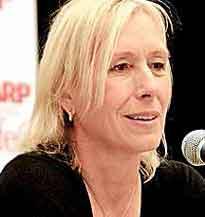 In 2021, tennis legend Martina Navratilova, a vocal advocate for women’s rights and sports, stirred controversy when she criticized the inclusion of transgender women in women’s tennis. Navratilova, a former world number one, argued that allowing transgender women to compete in women’s sports could create an unfair advantage, particularly in physical sports like tennis, where strength and speed are essential.
In 2021, tennis legend Martina Navratilova, a vocal advocate for women’s rights and sports, stirred controversy when she criticized the inclusion of transgender women in women’s tennis. Navratilova, a former world number one, argued that allowing transgender women to compete in women’s sports could create an unfair advantage, particularly in physical sports like tennis, where strength and speed are essential.
Navratilova’s comments, which included concerns over biological differences between male and female athletes, were met with strong opposition from transgender advocates. However, many women’s rights campaigners supported her stance, with some arguing that the safety and fairness of female athletes should be prioritized over the push for inclusivity.
Conclusion
These cases exemplify the ongoing debates surrounding transgender inclusion in women’s sports and other gender-segregated spaces. Women’s rights activists and critics argue that allowing biological men to compete in women’s categories undermines fairness, safety, and equal opportunities for women. As the conversation continues to evolve, it is clear that finding a balance between inclusivity and fairness will remain one of the most challenging issues in the intersection of gender identity and women’s rights.





